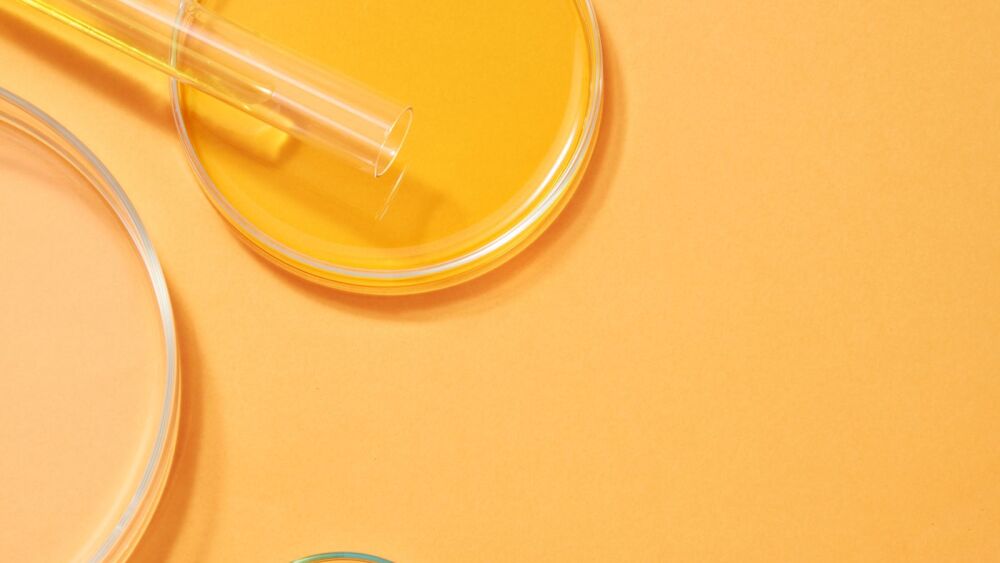

Cosmetics without animal testing. It’s beautiful.
We innovate with the purpose of making the world a healthier place.
We don’t conduct animal testing in the research or development of our cosmetics unless required to do so to meet regulatory requirements. In fact, for more than 30 years, we have been working to help bring an end to cosmetic animal testing globally. We’ve invested in science to advance alternative testing methods and promote education and advocacy in support of greater use of non-animal alternatives. We’re also working with organizations that share our ambition to eliminate cosmetic animal testing around the world.
We know there’s still work to be done—as some countries still require animal testing data to meet their own regulatory requirements—but we believe in a future where cosmetic testing is always animal free, and that makes us more dedicated than ever.
Our long-standing support for the Institute for In-Vitro Sciences (IIVS) has made the development of and technical training on non-animal methods for cosmetics globally possible for over 25 years.
Our commitment to this issue dates back decades, to when our scientists were among the first to stop testing on animal eyes and incorporate non-animal methods into our Johnson’s® No More Tears® claim substantiation.
We have also supported industry-backed science programs focused on the development of new non-animal alternatives.
Working to make cosmetic testing animal free — for decades
For more than 30 years, we have advanced the discovery and acceptance of non-animal testing methods for cosmetics globally.